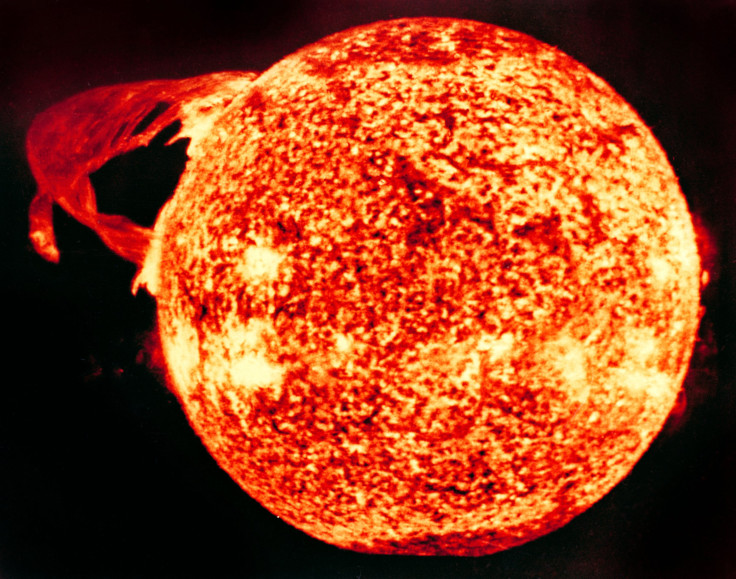NASA Addresses Fears Over Sun Becoming A Supermassive Black Hole

NASA provided an official answer regarding the growing concerns about the Sun exploding and turning into a massive black hole that can devour Earth.
The Sun has been the center of attention lately due to numerous reports regarding its future status. According to studies, as the Sun gets older, it will eventually use up all its fuel and explode, resulting in the formation of a black hole in the middle of the Solar System.
Dr. Marc Rayman of NASA’s Jet Propulsion Laboratory addressed this particular subject during a question-and-answer program for the agency’s Space Place Musings.
According to the scientist, it is true that the Sun would eventually collapse on itself and explode when it reaches the end of its life cycle. However, this does not automatically mean that it will turn into a black hole.
“Some black holes form after a very large star uses up all its fuel and blows off its outer parts in a gigantic explosion called a supernova,” Rayman said. “Then, what’s left collapses under the weight of its own gravity to become a super-dense object [known as] a black hole.”
Rayman noted that the Sun will not turn into a black hole because it is simply not massive enough.
“Our Sun is actually too light-weight to end up as a black hole,” he said. “It simply does not contain enough matter to exert that kind of gravitational force on itself. A star has to be more than about 10 times the mass of our Sun to become a black hole.”
Rayman explained that black holes are formed when matter is compressed into a very small package. For example, the Earth would become a black hole if all its matter is squeezed and compressed into an object the size of a marble.
If the Sun is compressed and turned into a black hole, the combination of its size and distance from Earth would prevent it from affecting the planet.
“The gravitational pull of the Sun, a black hole, or anything else for that matter depends only on its mass and distance from us, so even if the Sun were compressed to become a black hole, it would pull only as hard on Earth as it does now,” Rayman said.
© Copyright IBTimes 2024. All rights reserved.





















